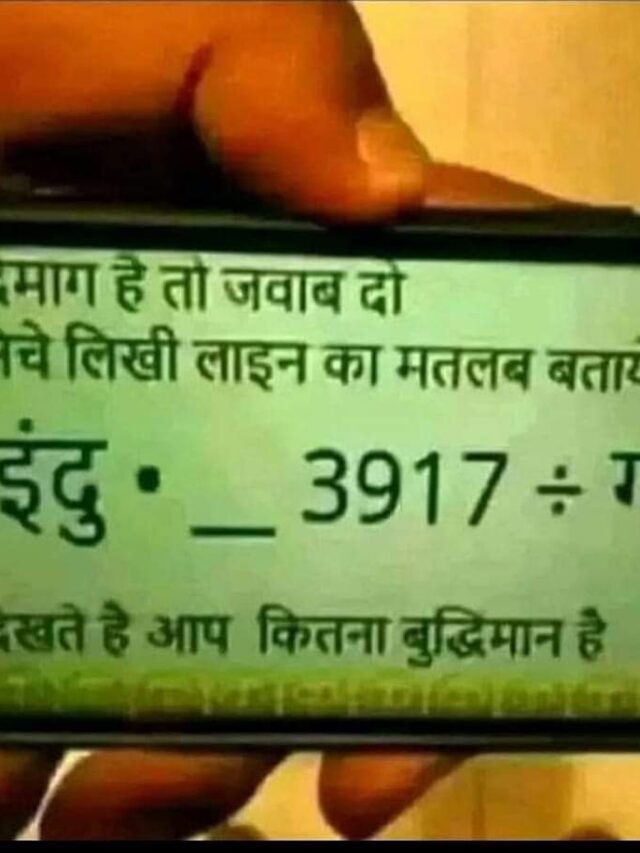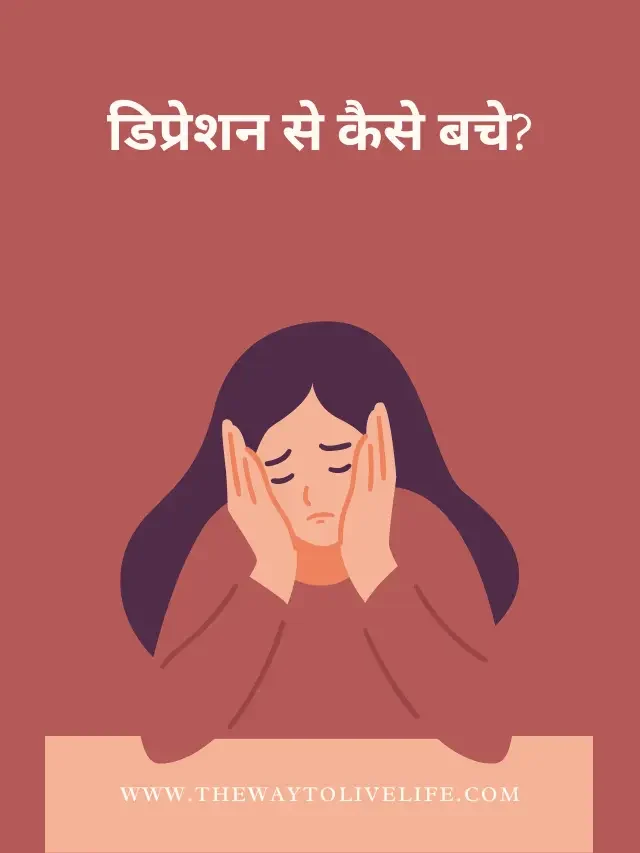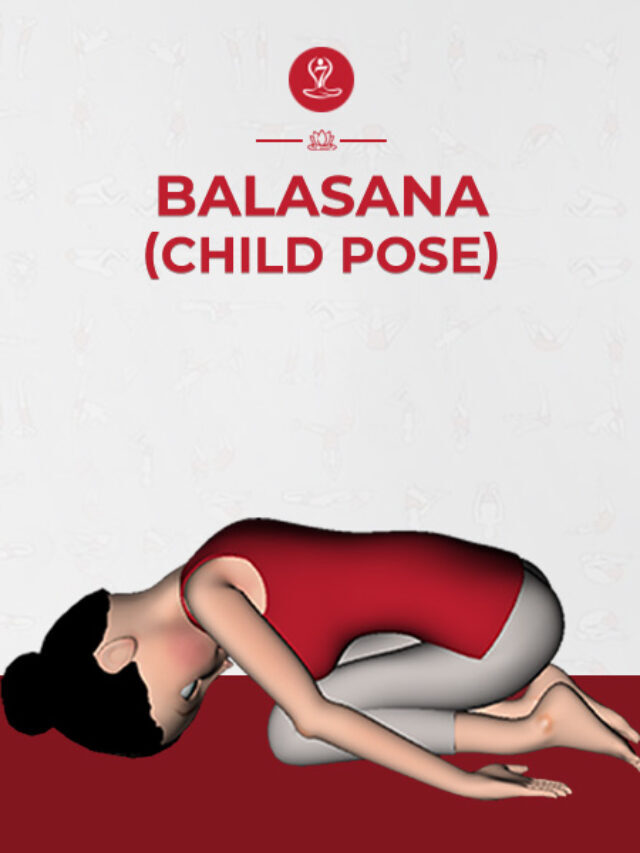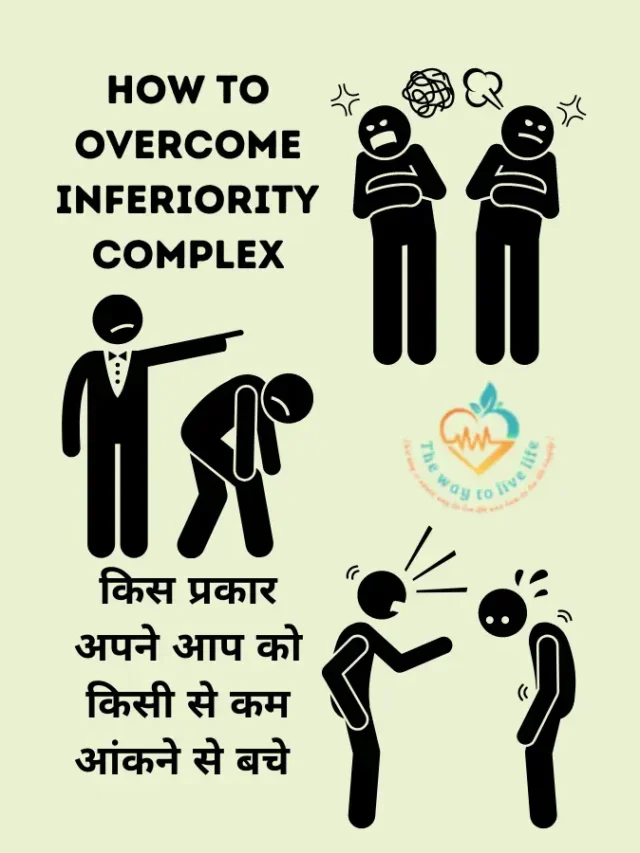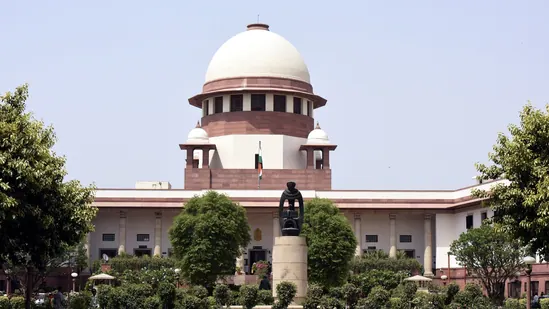Main issues of the Case
- Whether the 103rd amendment is a violation of the basic structure of the constitution by providing reservation on an economic basis.
- Whether the amendment is violative of the basic structure for excluding the poor among the SC/ST/OBC category from EWS Quota.
- Whether reservation, which has been used as an instrument so far for the inclusion of socially and educationally backward classes in the mainstream of society, can be based on the economic criterion alone.
- Whether the amendment is violative of the basic structure for breaching the 50% ceiling limit.
- Whether the exclusion of SCs/STs/OBCs from the new EWS reservation is justified.
What is EWS Quota?
- The 10% EWS quota was introduced under the 103rd Constitution (Amendment) Act, 2019 by amending Articles 15 and 16.
- It is for economic reservation in jobs and admissions in educational institutes for Economically Weaker Sections (EWS).
- It was enacted to promote the welfare of the poor not covered by the 50% reservation policy for Scheduled Castes (SCs), Scheduled Tribes (STs), and Socially and Educationally Backward Classes (SEBC).
- It enables both the Centre and the States to provide reservations to the EWS of society.
- Centre defined economically weaker sections as those with an annual family income of less than Rs 8 lakh or who owned less property than the limits it laid down.
- It was passed to advance the welfare of the economically weaker section of society who were not protected by the 50% reservation policy for the Socially and Educationally Backward Classes (SEBC), scheduled castes, and scheduled tribes (SCs).
What is 103rd Amendment 2019
- The 103rd amendment of the Constitution of India, officially known as the Constitution (One Hundred and Third Amendment) Act, 2019, introduces 10% reservation for Economically Weaker Sections (EWS)
- The rationale was that the amendment empower the state government to provide reservations on the basis of economic backwardness determined by criteria such as land owned size and annual income.
- The amendment provided a 10 percent reservation to people of economically weaker sections in central government jobs and educational institutions. But the EWS category excluded those from the SC, ST, and OBC categories.
- It inserted Articles 15(6) and 16(6) in the Constitution to provide up to 10 percent reservation to the economically weaker sections (EWS) among non-OBC and non-SC/ST sections of the population.
Judgment by Supreme Court
- At the outset, Chief Justice UU Lalit said that there are four different judgments on pleas challenging the EWS Quota.
- Justice Maheshwari said that the 103rd constitutional amendment is valid and does not violate the basic structure of the constitution.
- Justice Trivedi said that there is a need to revisit the reservation policy and it should have a time span.
- Justice Pardiwala while holding the amendment valid, observed that reservation can not go on indefinitely and agreed with Justice Trivedi on a need to re-examine the reservation policy.
- Justice Bhatt disagreed with the majority verdict and said that leaving out the poor from SCs/STs/ OBCs from availing of the reservation under EWS is discriminatory.
- Reservation on an economic basis does not violate the basic structure of the Constitution. A five-judge Constitution bench, led by Chief Justice of India UU Lalit, observed this on Monday while nixing a bunch of petitions challenging the 103rd amendment to the Constitution.
- Therefore, reservation solely on an economic basis did not violate the Constitution. Second, the exclusion of scheduled castes, scheduled tribes, and other backward classes from the EWS reservation was constitutionally valid.
In favor of the 103rd Amendment Act
- The new reservation is in furtherance of the Preamble’s goal of achieving justice — social, economic, and political.
- The preamble and Article 46 of the Constitution support the legality of EWS reservations.
- Article 46 states that the government and its institutions must promote the educational and economic interests of Scheduled Castes, Scheduled Tribes, and other weaker sections.
- Treating EWS as a separate class would be a reasonable classification, and treating unequally equally would violate the principle of equality under the Constitution.
- Reservation is not an end, it is means, and it should not be allowed to become a vested interest.
- Three Judges agreed that the amendment does not violate the basic structure of the Constitution.
Against 103rd Amendment Act
- Two judges dissented and observed that, while reservation on economic criteria is per se not violative of the Constitution, excluding SC/ST/OBC from the purview of EWS is violative of basic structure.
- They struck down Articles 15(6) and 16(6) for being discriminatory and violative of the equality code.
- Permitting a breach of 50% would result in compartmentalization, and the rule of the right to equality will become the right to reservations.
- An economic quota is justified for accessing public goods including subsidies (Article 15), it can’t be extended to reservation (Article 16), which seeks representation of the community.




